Toxicologic Pathology —— Nonclinical Safety Assessment, Second Edition
----- 毒理学病理学:非临床安全评估
Following the success of the first edition, this book is designed to provide practical and timely information for toxicologic pathologists working in pharmaceutical drug discovery and development. The majority of the book (Organ Systems) will provide detailed descriptions of histopathological lesions observed in drug development. In addition, it will provide information to assist the pathologist in making determinations of the origin of lesions as well as its relevance to human risk. Toxicologic Pathology: Nonclinical Safety Assessment, Second Edition includes 2 new concept chapters. The first of the new chapters address approaches for the evaluation of unique therapeutic modalities such as cell therapies, gene therapies, and gene expression knockdown therapies. While these still represent new developing therapeutic approaches, there has been significant experience with the therapeutic modalities in the last 5 years. The second new chapter addresses the nonclinical safety assessment of medical devices, a topic of increasing importance that was not addressed in a unique chapter in the first edition. The other concept chapters have been updated and cover important topics including the overview of drug development; principles of nonclinical safety assessment; an introduction to toxicologic pathology; techniques used in toxicologic pathology, clinical pathology, toxicokinetics, and drug development toxicogenomics; and spontaneous lesions. The 13 organ system chapters provide the specifics related to pathologic characteristics, differential diagnosis, and interpretation of toxic responses in each organ system. These chapters are specifically important for the bench pathologist but also for the toxicologist who interacts with pathologists and function as study toxicologists and project team representatives in the drug development arena.
{{comment.content}}
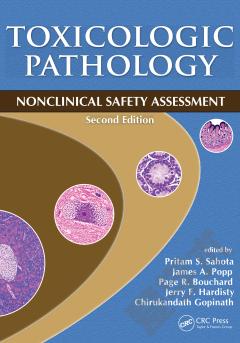
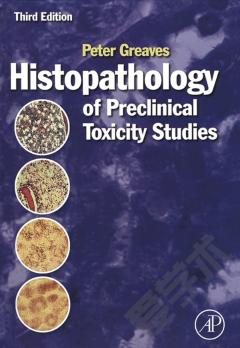
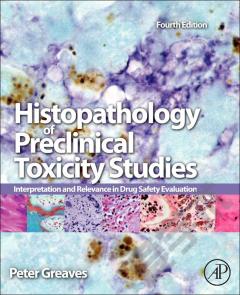
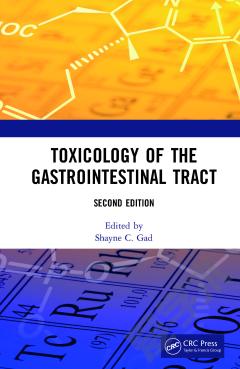

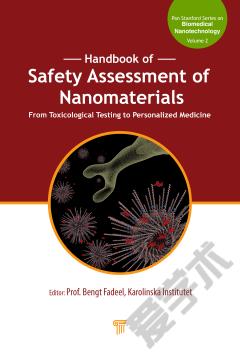


 京公网安备 11010802027623号
京公网安备 11010802027623号